China on Thursday imposed a sweeping ban on all imports of Japanese aquatic products in a bid to protect food safety, dealing a serious blow to Japan's seafood exports, which counts China as its top market, as the Japanese government moved to dump nuclear-contaminated wastewater into the ocean, disregarding fierce international opposition.
This could just be the start of serious economic repercussions for Japan for years to come over its grossly dangerous and selfish move, as consumers not just in China but in other countries are growing increasingly resistant to Japanese products, especially food, Chinese experts said.
Apart from seafood, various Japanese industries - including agriculture, cosmetics and tourism worth about $20 billion annually in total - are at risk, as consumers are worried about food safety and outraged by Japan's move.
On Thursday, as Japan was reportedly scheduled to discharge nuclear-contaminated wastewater from Fukushima, China's General Administration of Customs (GAC) announced that it had decided to fully suspend aquatic products originating from Japan.
The move aims to "comprehensively prevent the risk of radioactive contamination caused by the discharge of nuclear-contaminated water from Fukushima to food safety, protect the health of Chinese consumers, and ensure the safety of imported food," the GAC said in a brief notice.
In a separate statement, an official of the GAC blasted Japan's decision to "forcefully" start discharging nuclear-contaminated wastewater into the sea in disregard of international concerns and opposition.
"The GAC is highly concerned about the risk of radioactive contamination to Japan's food and agricultural products exported to China," the official said, adding that the GAC will continue to monitor the situation and "dynamically adjust relevant regulatory measures according to the situation."
On Thursday, China's Ministry of Agriculture and Rural Affairs said in a statement that it will step up monitoring of risks to ensure food safety.
While the direct economic impact on Japan remains to be seen, there are several indicators that suggest the move would deal a serious blow to Japan's aquatic exports immediately.
Japan exported 87.1 billion yen ($600 million) worth of seafood to the Chinese mainland in 2022, or one-fifth of Japan's total seafood exports, according to media reports, citing Japanese official data.
In July alone, China imported 234.51 million yuan ($32.24 million) worth of Japanese aquatic products, down 29 percent year-on-year, according to Chinese customs data. The ban on Thursday means all such exports are shut down. That does not include other aquatic products such as sea salt and seaweed.
Also on Thursday, the Hong Kong and Macao special administrative regions started banning aquatic imports from 10 Japanese regions including Tokyo and Fukushima. While exact figures for imports from the affected regions remain unclear, Hong Kong is the second-largest market, after the Chinese mainland, for Japanese fishery exports. In 2022, Japan exported about 75.5 billion yen ($536 million) worth of seafood to the city, official data showed.
In the Chinese mainland, seafood traders said that there has been growing discussion within the industry about such a ban, and now that it has been announced, they will proactively implement the ban.
"The potential impact is not clear for the short term, but many industry players said they would import aquatic products in accordance with the corresponding policies and regulations of the country," an aquatic products vendor surnamed Wang in Dalian, Northeast China's Liaoning Province, told the global Times on Thursday.
Chinese officials have long harshly criticized the Japanese government's "selfish and irresponsible" plan and have already taken certain measures to protect food safety. In July, the GAC announced a ban on imports of food from Japan's Fukushima and nine other regions.
Chinese consumers have also grown increasingly cautious and even resistant toward Japanese food and other products, including cosmetics. Underscoring such concerns, many consumers in China rushed to stock up on sea salt on Thursday.
"I will go out and eat seafood for one last time tonight.. and I will check the source of seafood in the future," a Beijing-based white-collar worker surnamed Chi told the Global Times on Thursday. Chi said that while some Japanese electronics are still acceptable, other products such as cosmetics, medicines and those that have something to do with water will be avoided.
Such a sentiment is shared by many Chinese consumers, as topics related to the impact on health from eating seafood and using cosmetics from Japan are trending on Chinese social media platforms. On Sina Weibo, a topic about Japanese cosmetics garnered more than 25.43 million views as of Thursday afternoon, where many also called for a ban on such imports.
Such consumer sentiment is bad news for top Japanese exports to China. In terms of food, in 2022, the export value of Japanese agricultural, forestry and food products to the Chinese mainland reached 278.3 billion yen, according to media reports. In terms of cosmetics, between 2019-22, Japan had the biggest market share in China. In January-November 2022, China's imports of Japanese cosmetics reached $4.16 billion, ranking No. 2 in terms of market share, according to Chinese official data.
Jin Yongming, a professor at the Ocean University of China and standing director of the Chinese Association for Japanese Studies, said that the Japanese government's move has angered many people internationally and also lacks support within Japan, and its impact will be felt in the long term. "Related Japanese exports will definitely drop," Jin told the Global Times on Thursday.
Japan's tourism sector could also be affected, as many Chinese consumers who are worried about food safety and other issues also likely to stay away from Japan. In 2019 before the pandemic, about 9.6 million Chinese tourists visited Japan, spending about $12.5 billion, according to media reports.








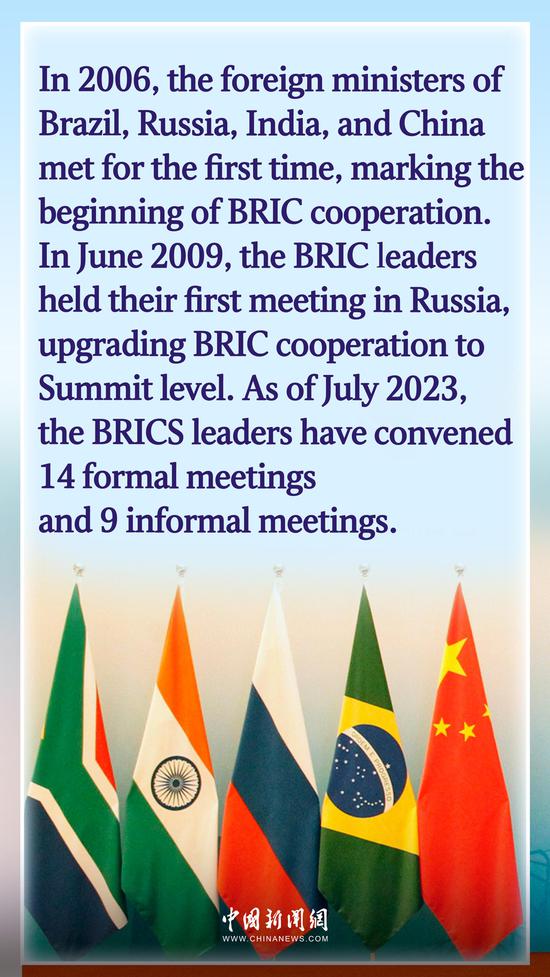
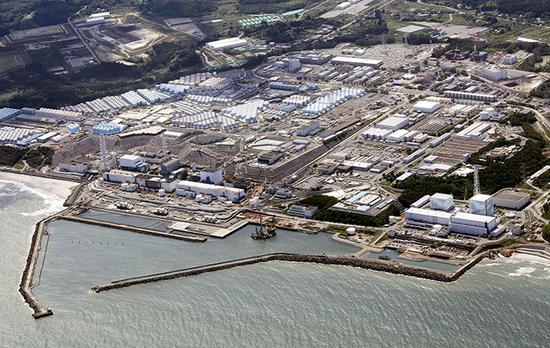





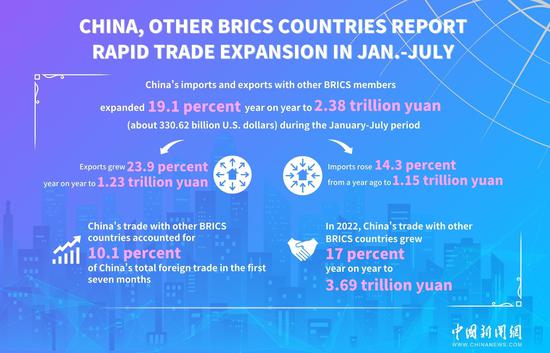



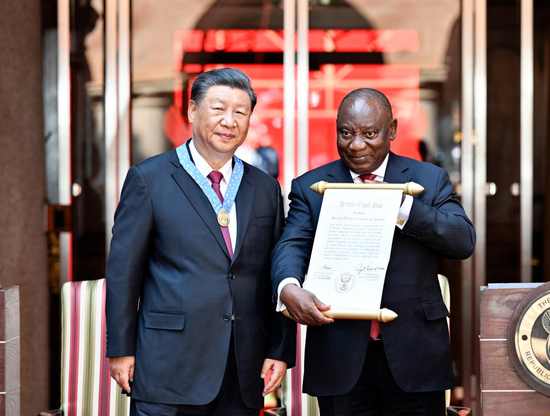






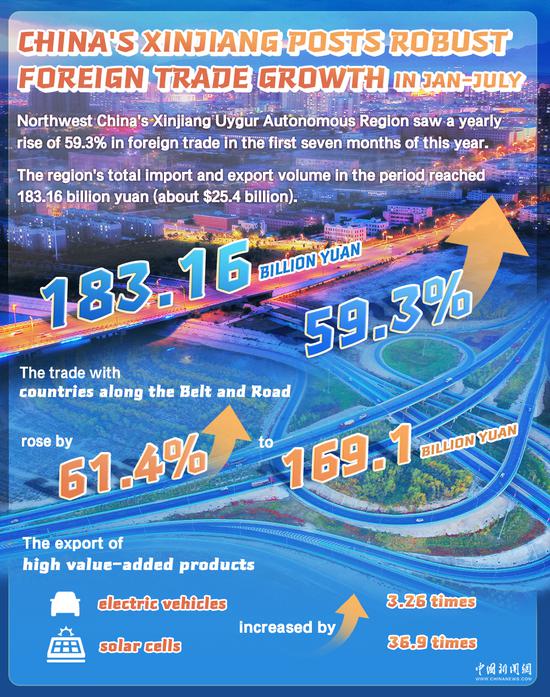


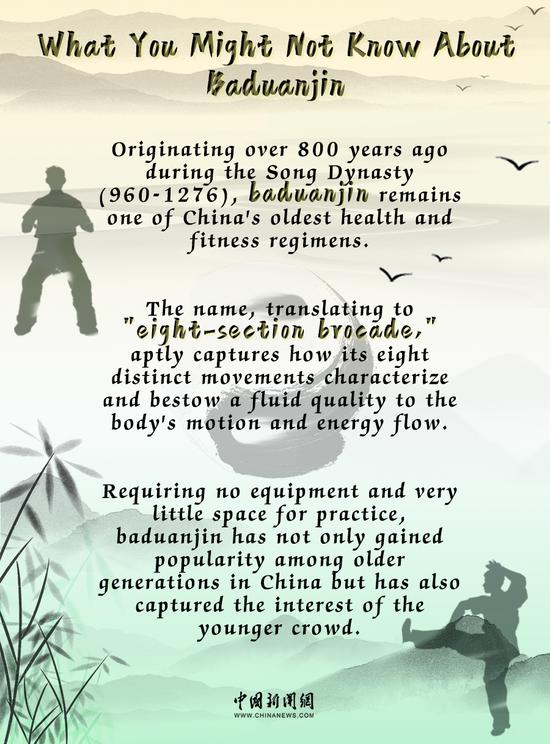

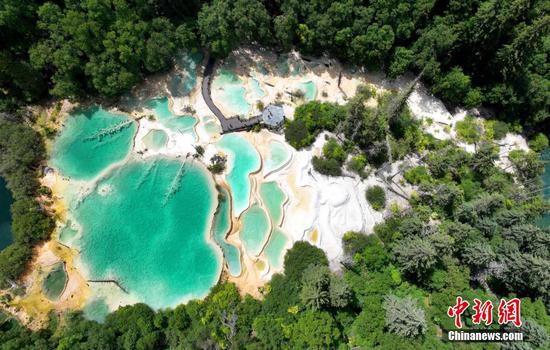




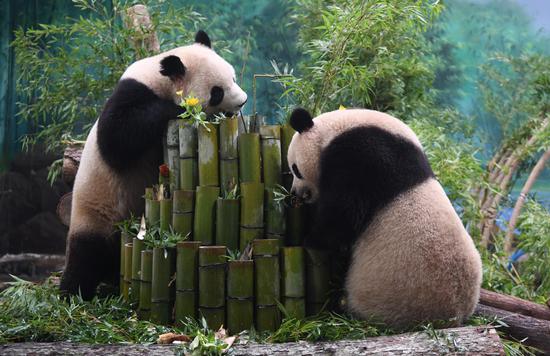













 京公網安備 11010202009201號
京公網安備 11010202009201號